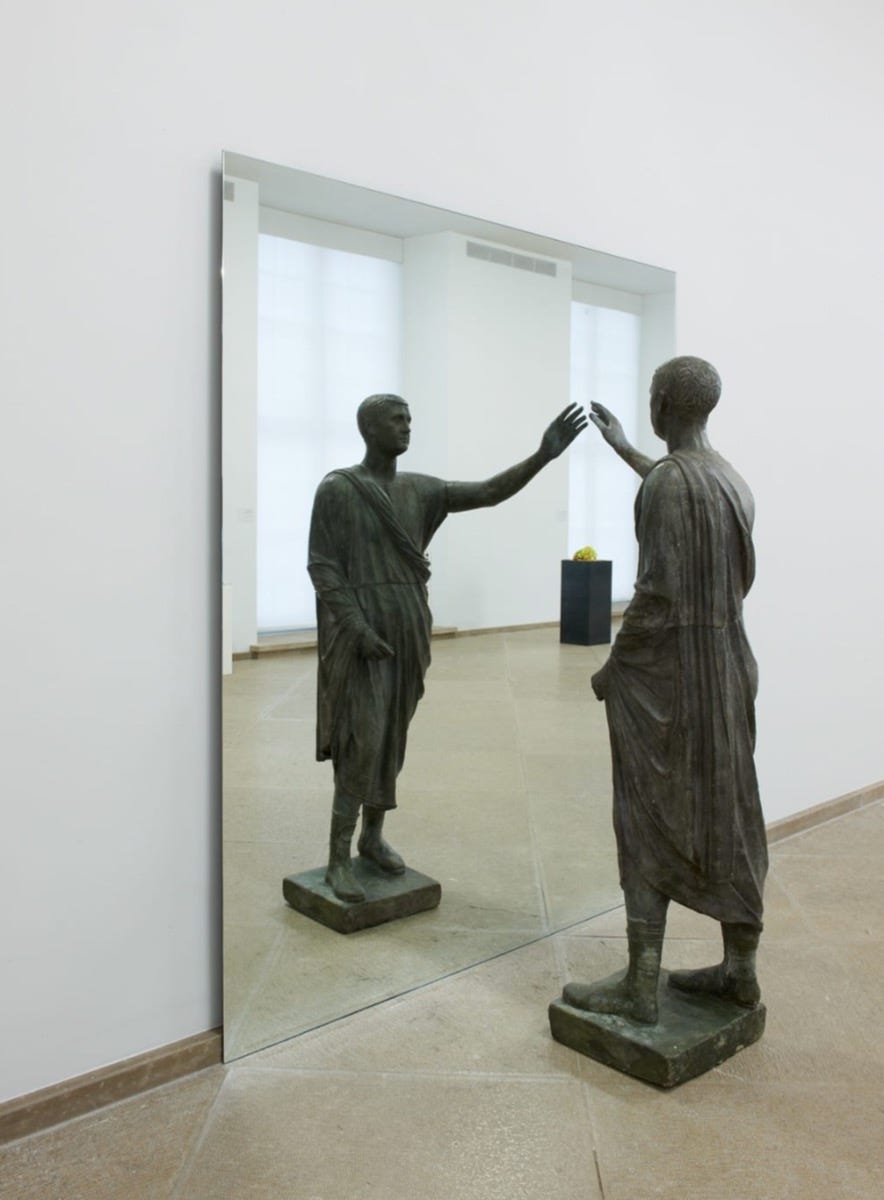Obsessions of Self and Synapse
Spectrums we all fall on
It never ceases to amaze me how frequently I encounter people who profess to be the prey of narcissists. I, for one, never deny anyone their experience. Sicko narcissists do exist in our world; I was the victim of one as a 5th grader. Perhaps the ultra-individualism of the contemporary Weste…
Keep reading with a 7-day free trial
Subscribe to Deep Fix to keep reading this post and get 7 days of free access to the full post archives.


